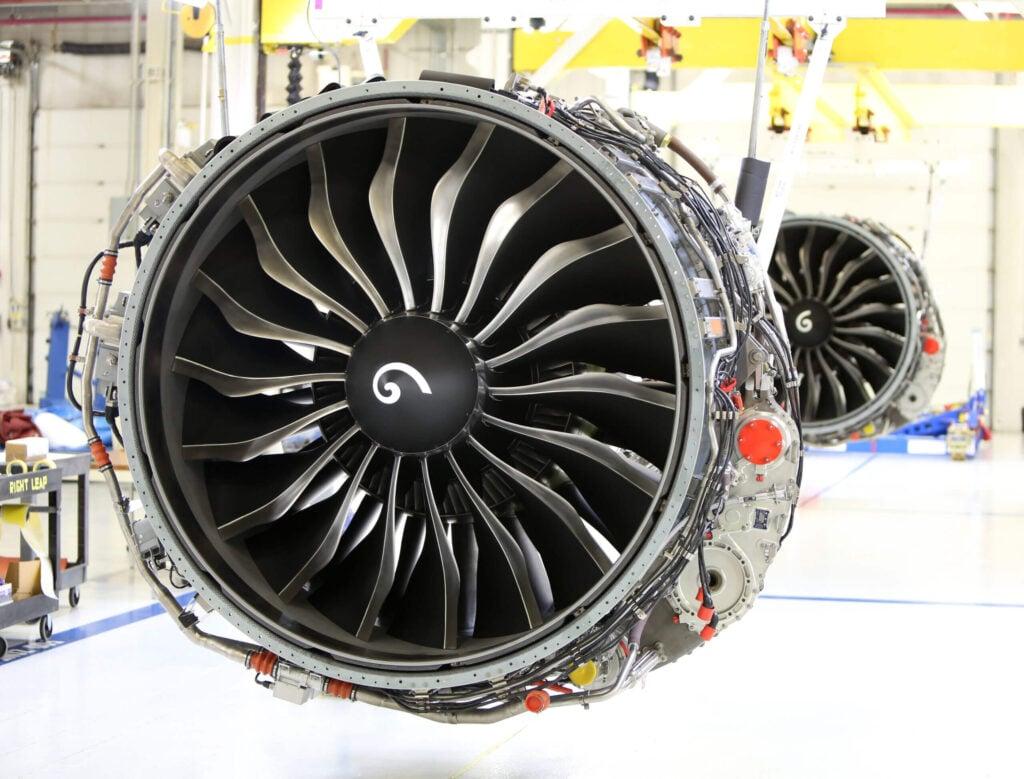
Smarter email, faster business. Auto-tag, parse, and respond to RFQs, quotes, orders, and more — instantly.
trending
GE Projects 2,500 LEAP Engine Deliveries by 2028, Supporting Over 1,000 A320neo and 737 MAX Aircraft

GE Projects 2,500 LEAP Engine Deliveries by 2028
CFM International, the joint venture equally owned by GE Aerospace and Safran, has announced plans to deliver 2,500 LEAP engines by 2028. These engines are expected to power more than 1,000 Airbus A320neo and Boeing 737 MAX aircraft annually, including spare units. The LEAP engine serves as the exclusive powerplant for the 737 MAX, while the A320neo family offers operators a choice between CFM’s LEAP and Pratt & Whitney’s Geared Turbo Fan engines. This strategic positioning secures CFM a commanding share of the mainline single-aisle aircraft market.
The LEAP engine, alongside its predecessor the CFM56, has cemented CFM’s reputation as a dominant force in commercial aviation. Both GE and Safran benefit not only from engine sales but also from the lucrative maintenance, repair, and overhaul (MRO) sector associated with these engines. The aftermarket business remains a significant and profitable component of their operations, underpinning long-term revenue streams beyond initial engine deliveries.
Market Outlook and Operational Challenges
At the Barclays investors conference on February 20, GE Aerospace CEO Larry Culp highlighted the robust outlook for the LEAP program, emphasizing sustained demand from the aftermarket. He noted that the combined LEAP and CFM56 engine fleets will continue to generate substantial maintenance activity for years to come. Culp acknowledged that the company had previously underestimated maintenance demand for the CFM56, with forecasts consistently falling short of actual service requirements in recent years.
Looking ahead, Culp projected that shop visit demand would peak around 2027 or 2028, anticipating approximately 2,000 maintenance visits annually by the end of the decade. This forecast aligns with similar expectations from Safran’s leadership. However, GE’s ambitious delivery targets face challenges from ongoing supply chain constraints and potential tariff impacts, which could affect production rates and profitability. The aerospace sector continues to grapple with global supply disruptions, and any escalation in trade tensions may further complicate delivery schedules.
In response to these challenges, Culp underscored innovation and customer service as central pillars of GE Aerospace and Safran’s strategy. He stressed the companies’ commitment to delivering reliable, fuel-efficient engines that meet evolving customer needs, emphasizing that these priorities are essential to navigating the complexities of the aerospace market.
With a strong market position and a focus on technological advancement, GE Aerospace and Safran aim not only to meet current demand but also to shape the future of aviation. The industry will be closely watching their ability to overcome supply chain and geopolitical challenges as they strive to achieve these ambitious goals.